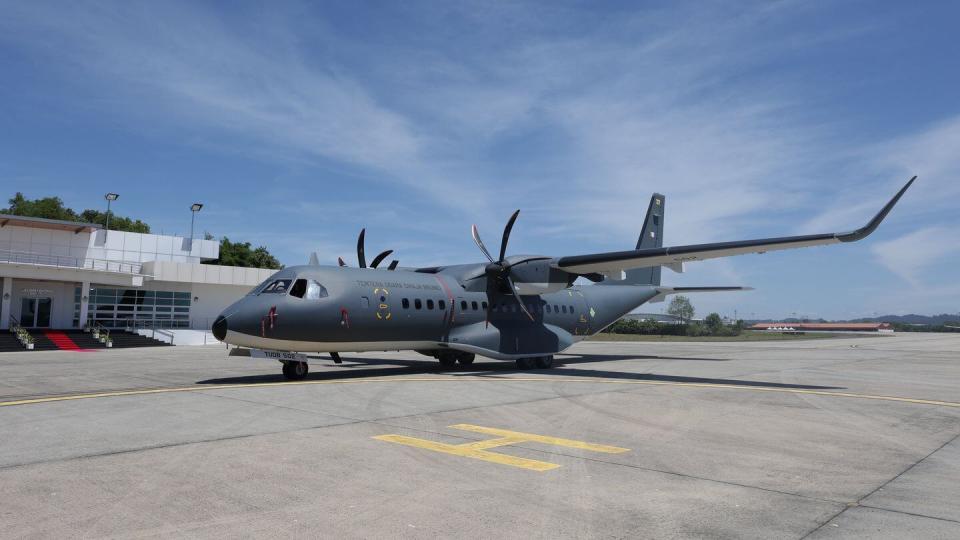Brunei defense budget surges by 32%, with focus on intel, targeting
CHRISTCHURCH, New Zealand — Brunei, a small Southeast Asian sultanate bordered by Malaysia, is significantly raising its 2024 defense budget amid concerns over how to protect its territory.
In the coming fiscal year, the government has allotted 796.3 million Brunei dollars (U.S. $594 million) for defense. This represents a 31.6% jump over last year’s allocation of 605.2 million Brunei dollars.
This rise in military spending heavily surpasses the 5.5% increase in overall government outlays during the fiscal 2024/2025 time period.
When the budget was discussed at the Legislative Council on March 2, the secondary defense minister, Halbi bin Mohammad Yussof, warned Brunei faces a complex and unpredictable security landscape. (The country’s sultan serves as the primary defense minister.)
“The Ministry of Defence and Royal Brunei Armed Forces are actively working to improve intelligence, surveillance, target acquisition and reconnaissance, where a new system will be used in the near future,” Halbi said, without providing specifics. “Attention is also focused on the ability to monitor and detect underwater threats to ensure an effective response in maintaining the territorial integrity of Brunei.”
The International Trade Administration, which is part of the U.S. Commerce Department, notes opportunities for American defense contractors in Brunei, having updated this information Feb. 22.
“Brunei has stated its intent to acquire new defense equipment, including surface/maritime surveillance radar, airspace surveillance platforms, maritime patrol aircraft, fixed-wing transport aircraft, medium-range air defense systems, and related assets,” the organization’s website reads. “Military services may also be interested in non-lethal equipment, which may be procured through vendors registered with the Ministry of Defense.”
Brunei considers tensions in the South China Sea, where it and several other nations dispute territorial ownership, as a major security challenge. It also identified other threats in its 2021 defense whitepaper, including regional and global instability; terrorism, extremism and transnational crime; cyber and technological threats; natural disasters; and “the influence of major power dynamics in the region.”
“Tensions over overlapping claims, [and over] illegal fishing, and the security of sea lines of communication (SLOC) from those who seek to exploit internationally recognised laws, all have placed continued and growing demands on Brunei Darussalam’s security forces to secure and police its sovereign maritime borders and territory,” the document noted, using the formal name of the country.

Brunei has already filled some maritime surveillance gaps. It received Insitu-made Integrator drones in 2022 and subsequently set up its first drone unit, No. 39 Squadron.
Furthermore, the Navy received two refurbished Fearless-class patrol vessels in 2023. Singapore donated these secondhand, 500-ton vessels.
Another important purchase in December 2022 was four Airbus C295MW tactical transport aircraft. The first two aircraft were commissioned Feb. 14, with the manufacturer Airbus saying they would “strengthen the country’s air capabilities, and can be deployed on a wide range of missions, humanitarian assistance and disaster relief operations, medical evacuations, noncombatant evacuations as well as search and rescue operations.”
In addition to new equipment, Brunei’s military plans to carefully husband its current assets.
“The replacement, upgrading and service life extension programs for capability systems and infrastructure will be done in stages based on the level of priority, before moving on to new acquisitions in the future,” Halbi said.

